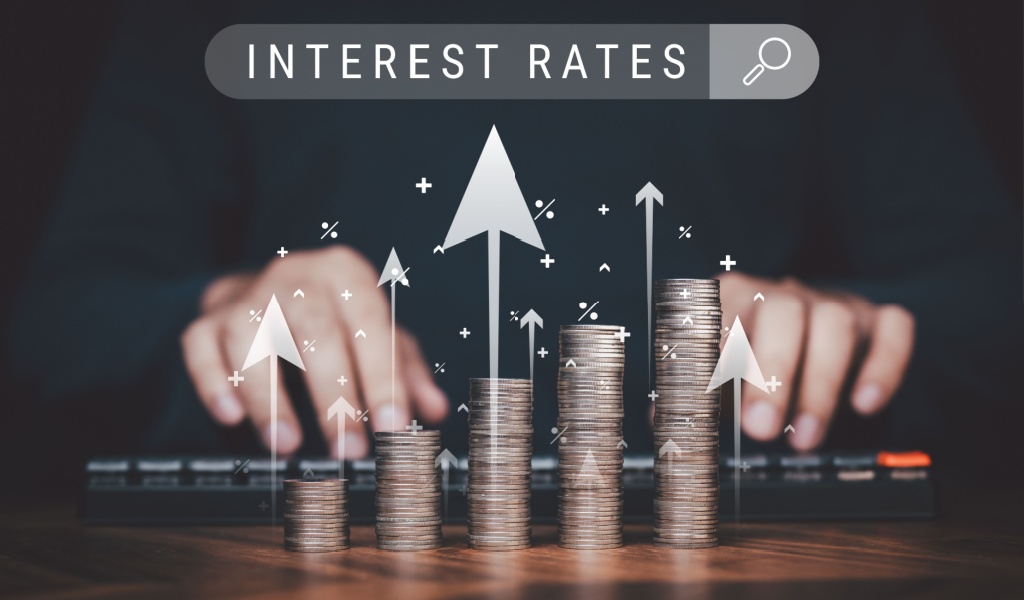Millions of Americans – about 43 million of them, to be exact – carry a student loan debt. Student loans are intended to cover the hefty education costs and serve as a critical piece to solving the dilemma of higher education financing. However, once the student graduates, the borrower has to face a bigger problem: how can they now effectively manage debt while balancing student loan repayment and other financial goals like saving money for buying a new home?
Since handling student loans has always been an issue – considering how debt from college days can quickly mount to becoming overwhelming – let’s look at some clever ways you can effectively handle student loan debts and reduce your burden of loan repayment.

Pay More Than The Due Every Month
The best way to get rid of any debt is to pay as much as you can afford every month, even if it is higher than what is required. When you pay more than the due amount every month, you’re not only paying off your loan quicker, but you’re also reducing the total amount of interest you will have to pay. Don’t underestimate any amount because even a small sum can make a significant difference!
For instance, if you pay an additional $50 per month on your $25,000 student loan, you can retire the loan two years earlier and save over $1,500 in interest at the same time. However, remember to inform your loan servicer when you make extra payments so that your money is applied to your principal balance.
Make Biweekly Payments
Sometimes, a complete monthly payment might come off as a massive chunk of money. To offset this, you can make biweekly payments. This way, you’re paying half your monthly bill every two weeks, and the amount is much smaller and, therefore, much more manageable. As a bonus, you also make an extra payment every year, reducing your repayment timeline and the interest. If you have applied for a 10-year repayment plan for a federal loan, you can pay off your loan a year earlier using this strategy.
Ask About Loan Repayment Assistance from Your Employer
Most employers offer about $5,000 in student loan repayment yearly as a tax-free employee benefit. So, asking your company if they provide repayment assistance is worth a shot. Additionally, listed below are some employer benefits you can take advantage of:
- You can put your signing or annual bonus payment towards your student loan repayment.
- Some employers will allow you to apply the value of your unused paid time off to cover student loans without carrying that time on the following year.
- From 2024 onwards, employers can match student loan payments as payments that qualify for a retirement plan.
Sign Up For Autopay
Most private lenders will offer an auto-pay deduction, as do federal student loan services. These provide a quarter-point interest rate discount if the student signs up to deduct loan payments automatically from the bank account. So, by signing up for autopay, you can reduce your loans’ interest rate while ensuring that payments are made promptly and not forgotten.
Improve Your Academic Performances
If you’ve taken a student loan, it only makes sense to put all your energy into benefiting entirely from it. Most universities offer scholarships and grants to students who perform exceptionally well academically. If you want to reduce your student loan debt, you can work on improving yourself academically for a twofold bonus!

Review Your Refinancing or Consolidating Loans
You can replace multiple loans with a single private loan through refinancing or debt consolidation, usually at a lower interest rate or shorter repayment term. Moreover, it can also pay your debts off quickly and streamline your debt management. However, some things should be carefully considered:
- If you choose a shorter loan term to pay down your principal and save money on interest, your monthly payments may increase.
- Refinancing is usually not applicable to recent graduates because refinancing lenders look for applicants with many years of employment and an established credit history.
- Taking out refinancing federal loans could make you ineligible for benefits like student loan forgiveness and income-driven repayment loans.
Be Aware of Government Program Options
Some students with federal loans can be eligible for student loan forgiveness programs or debt management plans, provided they meet specific criteria.
- If you have worked in a public service job for a non-profit or government organization, you can be eligible for a Public Service Loan Forgiveness Program. To have your debt forgiven under this, you should first make ten years of qualifying payments.
- Active-duty military personnel, veterans, doctors, nurses, and teachers can become eligible for state or federal programs designed to manage or forgive student loans.
- If the federal student loan payments are much higher than your income, you can consider an income-driven repayment plan. With such a plan, your monthly student loan payments will be set at a specified amount that is affordable according to your income. Under this program, you can also be offered loan forgiveness after a specified period of qualifying payments, generally 20 or 25 years.
Consider the Debt Avalanche Method
This debt payoff strategy can be helpful if you have multiple student loans. With this, you can make the minimum payment on all your loans. After that, you can direct any remaining money towards paying loans with the highest interest rate. When this loan is paid off, the extra funds can go into the next highest interest-bearing loan until all your student debts are slowly but effectively gone. With the debt avalanche method, the amount of interest you pay in the long run is reduced, and it helps you get out of debt faster, too.
Final Thoughts
Being a student is stressful as it is already, and when you have debt hanging over your head, it only further adds to your anxiety. It’s worrisome that choosing higher education can saddle you with debt for decades to come, but until there is some reform, this is a reality that most of us will need to deal with. Thankfully, there are many options for effectively handling student loan debts. By carefully reviewing them, you can figure out how to manage your student loans without adversely affecting your financial future!



